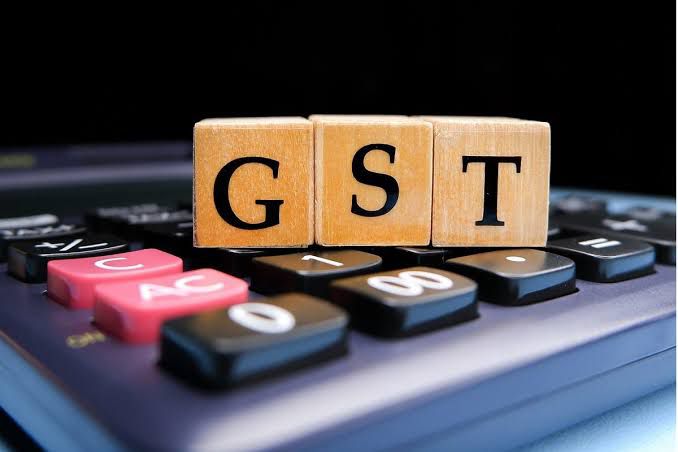
In a significant development aimed at curbing tax evasion through fake billing, the Government of India has taken a crucial step by bringing the Goods and Services Tax Network (GSTN) under the purview of the Prevention of Money Laundering Act, 2002 (PMLA). This move is intended to strengthen the fight against tax evasion and empower the Enforcement Directorate (ED), the primary anti-money laundering agency in the country. By facilitating stringent actions within the GSTN framework, the government aims to enhance the integrity and efficiency of the tax system.
Strengthening the Fight Against Tax Evasion
The government’s decision to include GSTN under the PMLA was announced through a gazette notification, emphasizing the importance of exchanging information between the ED and GSTN. This step underscores the government’s commitment to cracking down on tax evaders and ensuring a fair and credible tax system.
The exchange of information between the ED and GSTN, as sanctioned under section 66(1)(iii) of the PMLA, enables effective investigations into potential tax evasion cases. This milestone development signifies the Indian government’s ongoing battle against tax evasion and economic offenses, demonstrating its determination to combat fraudulent activities.
Welcome Steps by Central Board of Indirect Taxes and Customs
The inclusion of GSTN under the PMLA has been well-received by the Central Board of Indirect Taxes and Customs (CBIC), which views it as a significant measure to prevent tax evasion. A spokesperson for the CBIC acknowledged the collaboration between the ED and GSTN, emphasizing its potential to identify and penalize fraudulent activities more effectively. The spokesperson further expressed that this move is a positive step towards enhancing transparency and accountability in the tax system.
Empowering the Enforcement Directorate
GSTN, a non-profit and non-governmental organization, manages the IT system of the GST portal, which serves as a tracking mechanism for every transaction within the network. With the implementation of the new regulation, the ED will have access to this information, equipping them with a powerful tool to track and investigate potential tax evaders.
The inclusion of GSTN under the PMLA is expected to act as a significant deterrent against tax evasion through fake invoicing, a pervasive issue in the Indian tax system. Fake invoicing not only leads to substantial losses for the exchequer but also undermines the fairness and credibility of the overall tax system.
Strengthening Economic Infrastructure
The decision to bring GSTN under the ambit of the PMLA aligns with the government’s broader initiative to strengthen the economic infrastructure of the country. By ensuring that all entities pay their fair share of taxes, the government aims to promote transparency, accountability, and fairness within the taxation system.
Potential Implications and Challenges
The inclusion of GSTN under the PMLA is widely regarded as a significant step towards creating a more robust and transparent tax system. However, effective implementation strategies will be crucial in harnessing the full potential of this law. It remains to be seen how this landmark decision will impact the overall state of tax compliance in the country.
Despite the challenges that lie ahead, the incorporation of GSTN under the PMLA demonstrates the government’s determination to crack down on tax evasion. This move paves the way for a more transparent, accountable, and effective tax system, which is crucial for the nation’s economic growth and prosperity.
The Government of India’s decision to bring the GST Network under the Prevention of Money Laundering Act, 2002 is a significant step towards curbing tax evasion. By empowering the Enforcement Directorate to take stringent actions within the GSTN framework, the government aims to enhance the integrity and efficiency of the tax system. This move reflects the government’s commitment to promoting transparency, accountability, and fairness in the country’s taxation system. With the collaboration between the ED and GSTN, the battle against tax evasion is expected to gain momentum, contributing to a more robust and transparent tax system in India.








